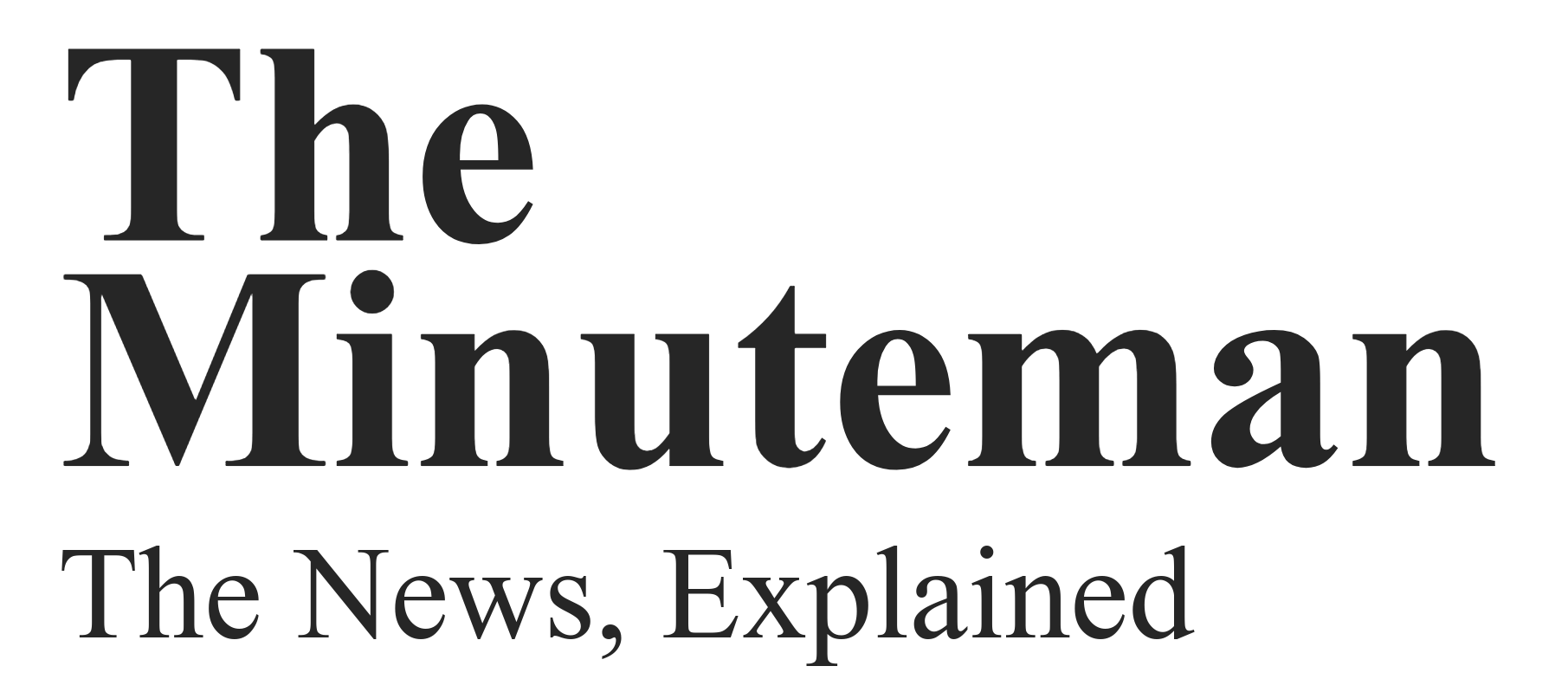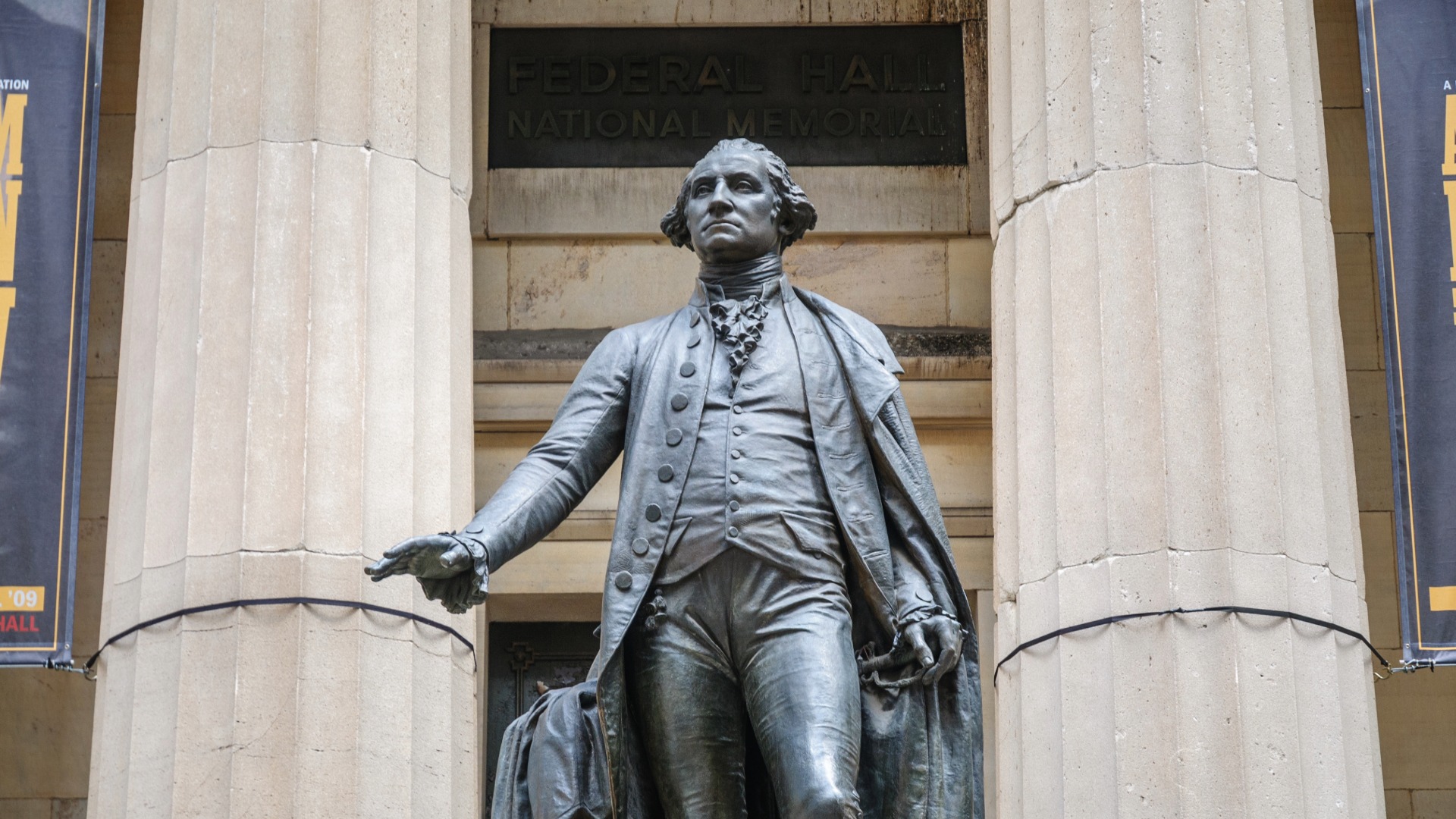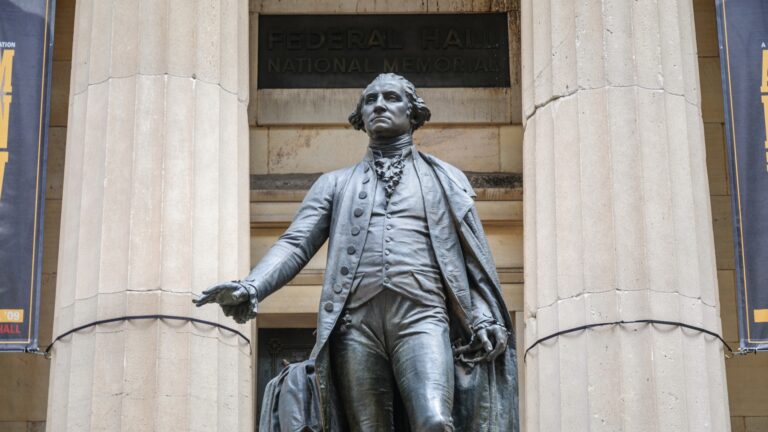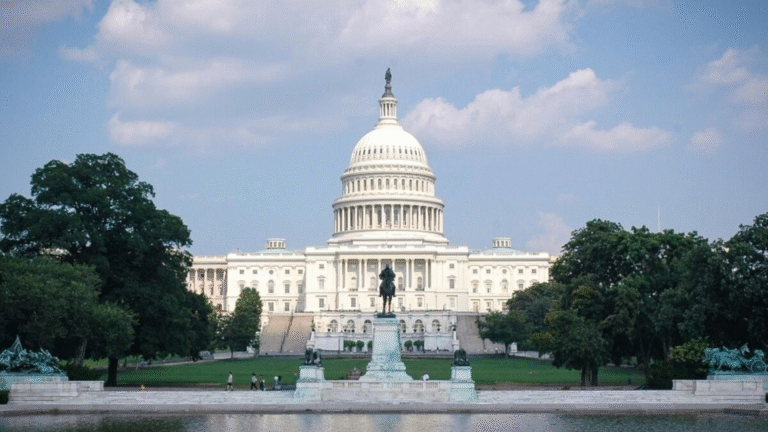First Amendment
Quick Definition: First Amendment
“Congress shall make no law respecting an establishment of religion, or prohibiting the free exercise thereof; or abridging the freedom of speech, or of the press; or the right of the people peaceably to assemble, and to petition the Government for a redress of grievances.”
Key points
- Protects five core freedoms: religion, speech, press, assembly, petition.
- Gitlow v. New York (1925) applied the First Amendment to the states using the 14th Amendment.
- Key doctrines include the Establishment Clause, Free Exercise Clause, and freedom of expression jurisprudence.
- Time, place, and manner restrictions are permitted if content-neutral and narrowly tailored.
FAQ
- Does this amendment protect hate speech? Generally yes, unless it incites imminent lawless action.
- Does it cover digital media? Yes, freedom of the press extends to all forms of media.
- Are protests protected? Peaceful protests are protected, but the government may regulate the time and place.





